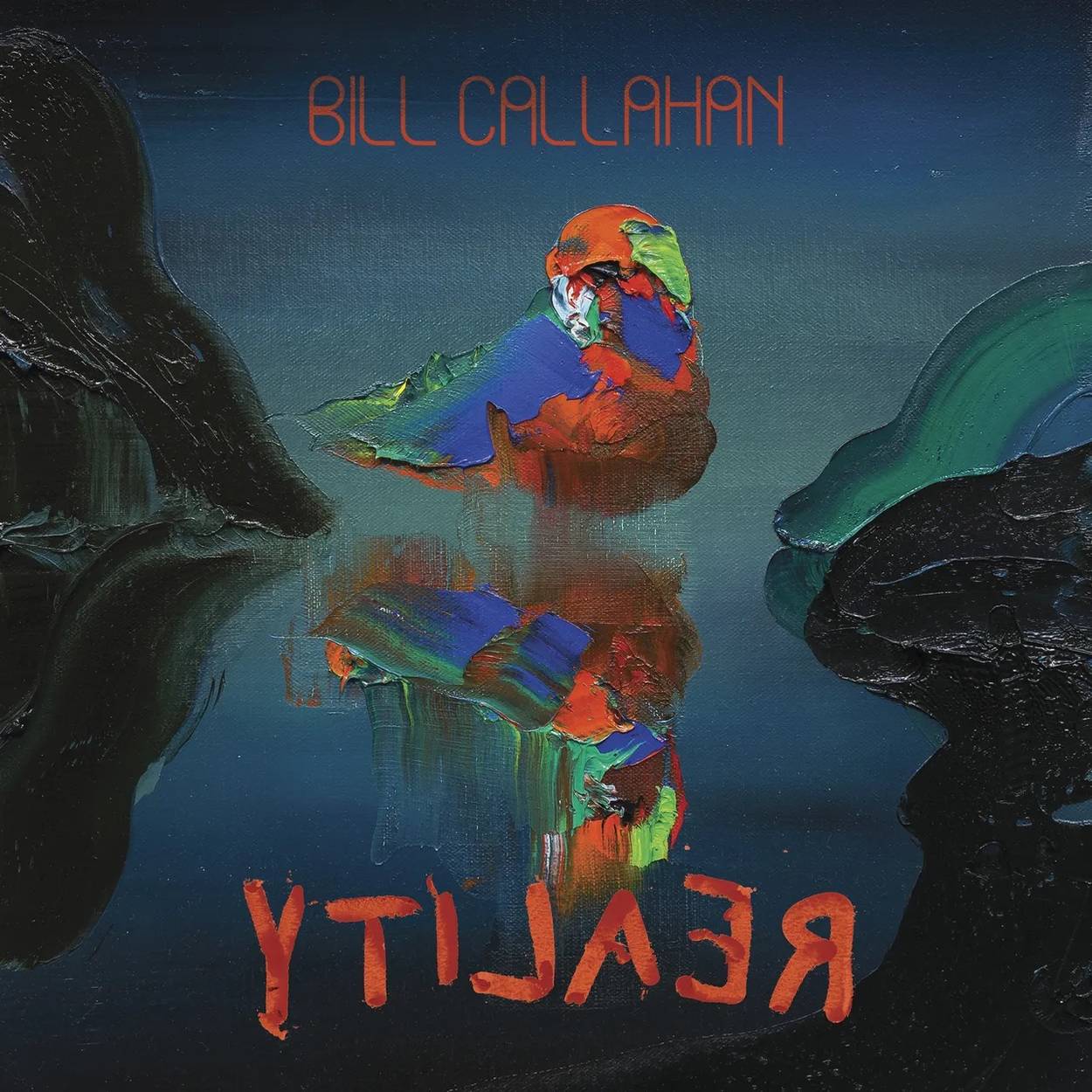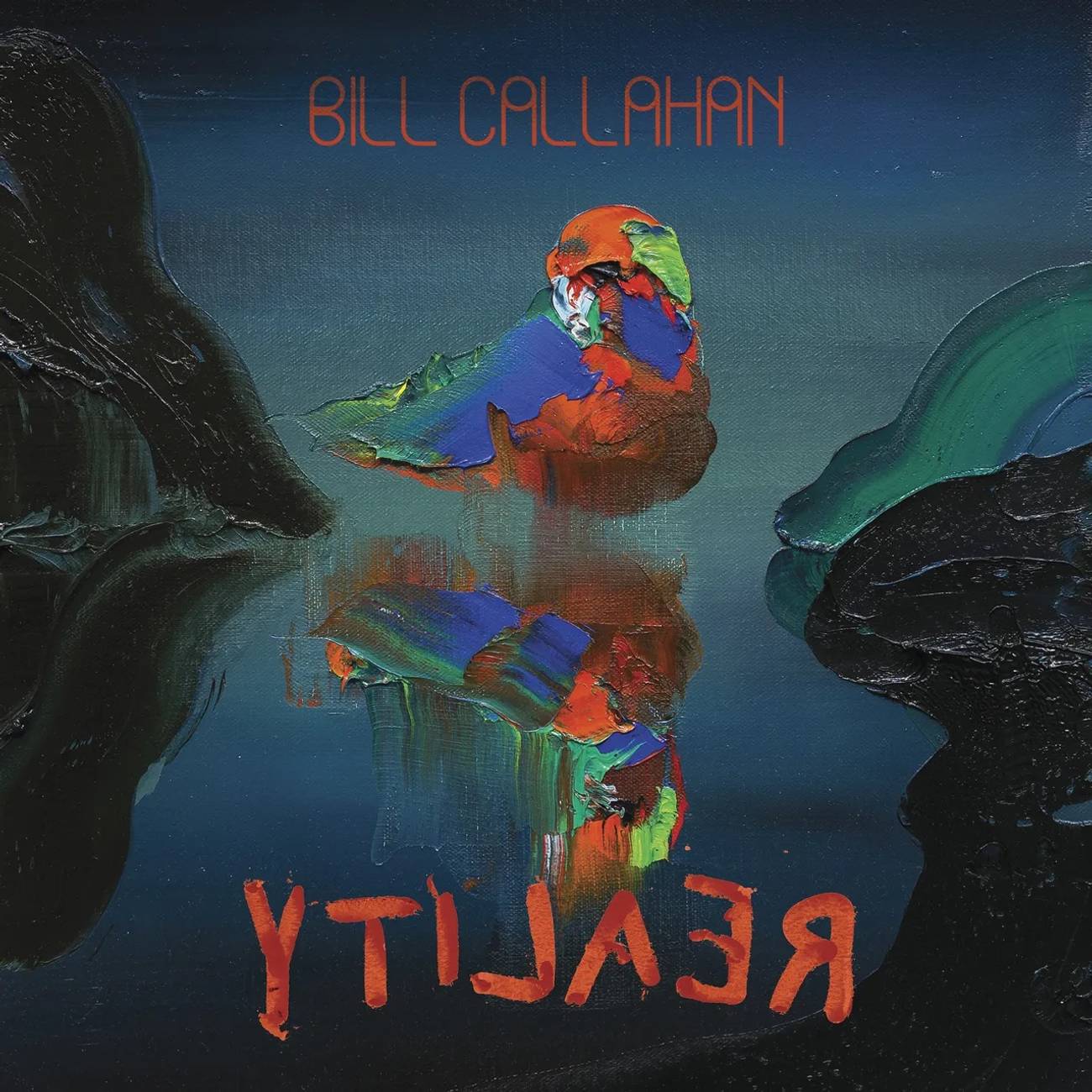Ungodlike Music
Bill Callahan’s folk songs are myths that still feel human




Bill Callahan’s parents both worked at the National Security Agency. His father was a language specialist and his mother focused on code-breaking. It’s an unlikely origin point for one of music’s most unique folk singers, but in all honesty it’s not that different from what Callahan has done for most of his career: look at the core of what’s being said and try to divine a meaning.
If you’ve never heard Callahan’s music, it’s been described as “sparse,” “Western Gothic,” and a “listening puzzle.” His deep voice parses every word, often stoically, the way a balladeer might in a Cormac McCarthy novel. His music doesn’t build into a simple chorus, it creates the feeling that you’re living within myth.
Except that Callahan doesn’t want to seem mythic, especially on his new album, YTI⅃AƎЯ. As he discussed in a recent interview, he’s long shied away from any sort of production beyond the bare bones. Too much production, he says, can shift music “from the human to, I would even say, ‘godlike.’” While a larger-than-life feeling can work for hair-metal rockstars and pop idols, Callahan tries to “keep it as ungodlike as possible.”
YTI⅃AƎЯ is extremely ungodlike. One of its best tracks, “Bowevil,” starts off by describing its subject matter: “A bowevil is a little bug / They say comes from Texas / But everybody knows / Its skin is just dust.” From there, Callahan tells of a bowevils and his family far from Texas, looking for a home, much to the annoyance of a farmer. “Goddamn bowevil!”
TI⅃AƎЯ, an album whose name has likely been copy-and-pasted into articles by every music writer in America, was conceived of during what Callahn calls the “fake ending” of the pandemic, when lockdowns ended and the country opened up. Even now, COVID is still wreaking havoc on musicians, but when Callahan was writing he was hoping to move past the negative wreck and blow “all of that shit away for myself and for anyone who might find it appealing.”
“And we’re coming out of dreams,” the album’s first track, “First Bird,” begins and it’s hard to think of a better way to describe the experience. As he does on “Bowevil,” Callahan defines his terms. “Dreams are thoughts in lotus and chains / Chains are broken in the morning by the first bird’s first song,” he sings, as the track moves into a lush, warm, production. Nothing godlike, more like sitting near a cozy fire.
“Partition” feels as close to a commentary as Callahan offers on the pandemic. It’s not a political track, but rather focuses on trying to live amid the chaos. Against tense pianos and rapid-fire drums, he instructs “microdose, change your clothes, do what you gotta do / You do what you’ve gotta do.” Whatever it takes, he says, to “touch the picture,” to make the real world a real place again.
With mostly just his voice and guitar, Callahan can suck a reader into his sometimes opaque stories. But their opaqueness is worth the journey.
David Meir Grossman is a writer living in Brooklyn. His Twitter feed is @davidgross_man.